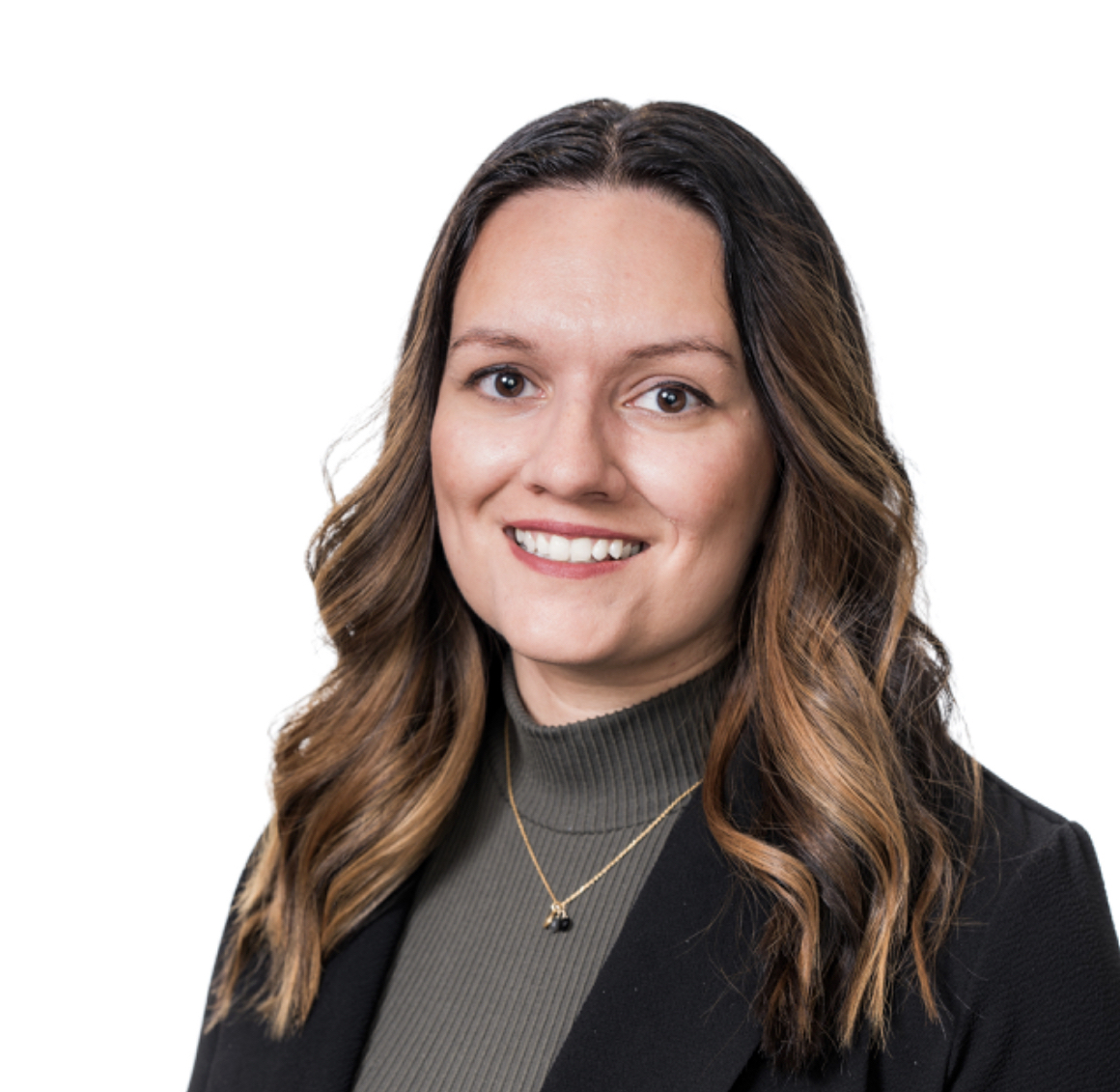Investigating the reality of caregiving in a small town
11 March 2024

Holly Mathias
Growing up in a small town in Nova Scotia, Holly Mathias, a School of Public Health PhD student, knew she wanted a career that involved helping people in underserved or under-resourced areas. Now, she is using her research, presented at the Master of Health Services Administration, to potentially change the national conversation about who is affected by the toxic drug crisis in Canada.
What motivated you to choose a career in public health?
During my undergraduate degree at Queen’s University in global development studies, I realized access to services and clean drinking water aren’t only global health issues; they are also issues in Canada, particularly in rural areas. That led me to begin a master's in health promotion at Dalhousie University and then, eventually, to the University of Alberta for my PhD.
What is your research focus?
My research looks at the experiences of family members or caregivers who provide support to individuals who use drugs while living in rural Alberta, Manitoba and Saskatchewan — many without formal services and support available to them. There's a lot of great things about living in a small town, but there are also many challenges. Getting services and supports for a loved one in a small community is difficult and often involves a lot of sacrifice on the part of the family or caregiver to get them to the nearest city to access the help they need. I want to learn more about these challenges so that they can be addressed to meet the needs of rural communities.
Who are you working with?
My first step after I moved to Edmonton was to have open conversations with people directly affected by the drug crisis, and ask them about research issues important to them.
I've convened a community advisory group with representation from Alberta, Saskatchewan and Manitoba that meets monthly. The group includes front-line harm reduction workers, academics and people with lived experience of either caregiving or substance use. I also work with members of Moms Stop the Harm, the Manitoba Harm Reduction Network and the Alberta Alliance Who Educates and Advocates Responsibly.
We’ve received CIHR funding to host a Café Scientifique in the new year. This will be a free, virtual public workshop to provide people with an opportunity to get together and brainstorm potential ways forward. We are hoping to attract people from smaller communities to talk about what's going on and how we can work collectively to address these complex and nuanced issues.
What are the challenges of your research?
One of the challenges with this issue, and with public health in general, is that very little research has been done in the rural context. Most scientific evidence we have about rural drug use comes from rural Appalachia in the United States. We don't know a lot about the toxic drug crisis in rural Canada, but what we do know from conversations with those affected and from researchers is that people in rural areas have very unique experiences that need to be addressed accordingly.
What’s your advice to new researchers?
Find a set of values to guide your research and act with intention. I’ve created a set of values for myself. Reciprocity, integrity, ethical and strong communication are values I hold that have always led me down the right path and guided me throughout my research practices.
What do you want people to know about your research?
First, substance use and the toxic drug crisis affects communities of all shapes and sizes and people from all walks of life. This isn’t an issue restricted to urban centres and cities. Second, when people talk about caregiving, they often think about those with a family member in long-term care, or an individual caring for children or people who have intellectual disabilities, but those aren’t the only reasons why people find themselves in the role of caregiver.
Research must include people directly impacted by the toxic drug crisis — people with lived experience of substance use, and family members and people working on the front lines. Giving those individuals a platform to share their voice and including them in research are crucial to high quality scholarship and changing public health policy and practice.
In the short term, I hope my research draws more awareness and attention to the context of rural life, especially at a government level. It’s critical that those who are deciding or putting policies or programs in place think more broadly about who has and doesn’t have access to support programs and resources. In the long term, I’d like to continue this kind of research after completing my PhD because I believe there are critical conversations that need to occur and voices that need to be heard.